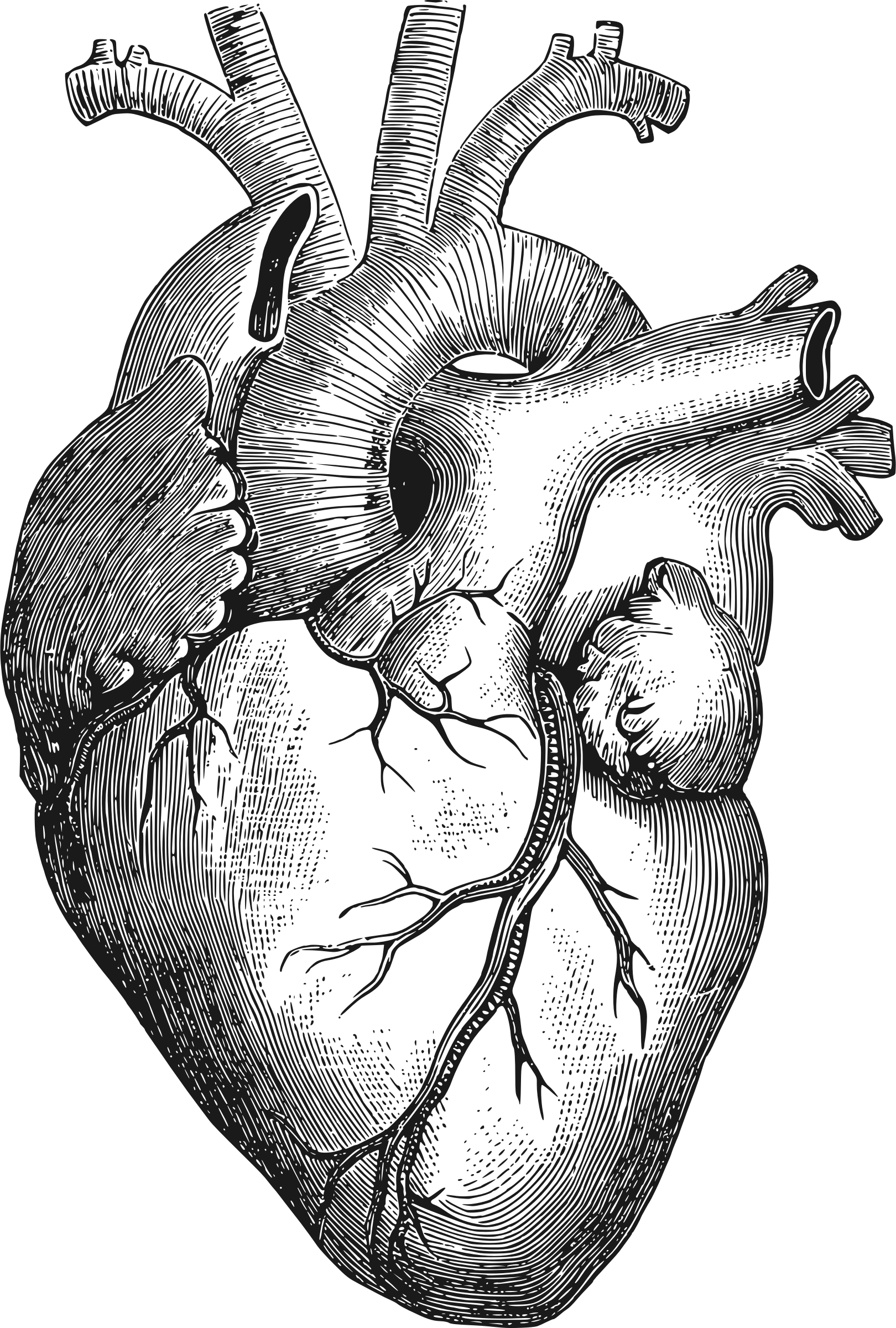What people ask us for when they are asking about healing
I am grateful to be a member of the People's Movement Center. Like incredibly grateful. It means that I get to be in relationship with other practitioners, with healers who are also deeply grounded in liberation and justice. We have conversations about healing justice. We also have conversations about how trauma shows up in the nervous system, about the difference between different healing traditions and how Chinese medicine has five seasons. We also have more mundane conversations like about how much money we have in the bank and how we can earn more income so that we can actually pay for a staff member.
We've been around for slightly over three years and the majority of our work has expanded through relationship. This has meant that we are getting asked more and more often to do work with groups and organizations. In conversation, we are noticing that when people call us, they often can't exactly explain what they want. They just know they want us to do something about healing. People are calling because they have a felt sense of something. It's like they know that what they want is different from what they have - they can FEEL it - but they don't always have language to name it. It's one of the reasons why so many people are hungering to be involved with healing work.
Healers are all about patterns, right? We look for the connections between things, the places of expansion and contraction, in order to support those we work with to have more connection to their lives. So when people call us and we notice the pause that comes after, 'tell us what you mean by healing work," we start watching for patterns.
First, a lot of people are calling and asking us about trauma. They want a mix of information and practices related to dealing with the impact of trauma on the nervous system, the role of trauma in development, and techniques for shifting the impact of present time and held trauma. At the PMC we are a collective of mostly people of color and indigenous people, of queer and trans identified people. The people who call us are also often POCI and queer and trans. And many want conversations about the connections between individual and collective trauma, between present and historical harm. People who call want to know about how to make these things visible within an organizational culture. They want tips for dealing with stress and anxiety and for frames that they can use to help navigate overwhelm.
The second biggest ask we get is for some kind of body-based, somatic, embodiment, spiritual and experiential practices. These are all concepts that seem to be pointing to something a similar ask or experience: ways to be together that aren't just about talking and thinking. They want somatic practices or somatic facilitation, someone who can help them shift their culture from doing work to being within work. They want help in coming up with their new strategic plan but doing it through movement and listening rather than just putting ideas on paper. People call wanting Theater of the Oppressed work, movement work, breathing before talking support. They want support for ceremony or ritual or a way to make what they are doing feel more sacred. These requests are what have made us get clear that sometimes the best healers are our magical facilitators who help people re-member themselves alone and together in groups. We see you facilitators!
The third ask is directly for healing spaces. This is when people are having a retreat or want to gift their members or they have been through something intense and harsh and they want us to pull together a group of healers to hold a healing space. Sometimes these include skills sharing like leading everyone through breath work or a bodyscan and sometimes they are just about receiving.
What I was taught when I came in to this work and what I still believe is that healing justice is a lens, something that helps us to weave together histories and present time, to lift up cultural traditions and healing practices, to find ways to bring healing practitioners into movement spaces, and to work to ensure that everyone has access to culturally grounded integrative care and not only those who can afford it. When I look at what we are asked for at the PMC, I see these as sign posts for what we need to lift at this moment in time. They don't define healing justice work, but they are practices and conversations within it. And the focus or requests will change. They always do. As healers, our job is to keep listening for and tracking the patterns.
The image the top of this blog post is a slide of heart cells. There is new research about the heart that says it is wrong to think of the heart as an organ that pumps blood. This research suggests that the heart actually slows blood down, helping it to pace itself so that the body can savor it. Everything we think we know and understand evolves. Always.
